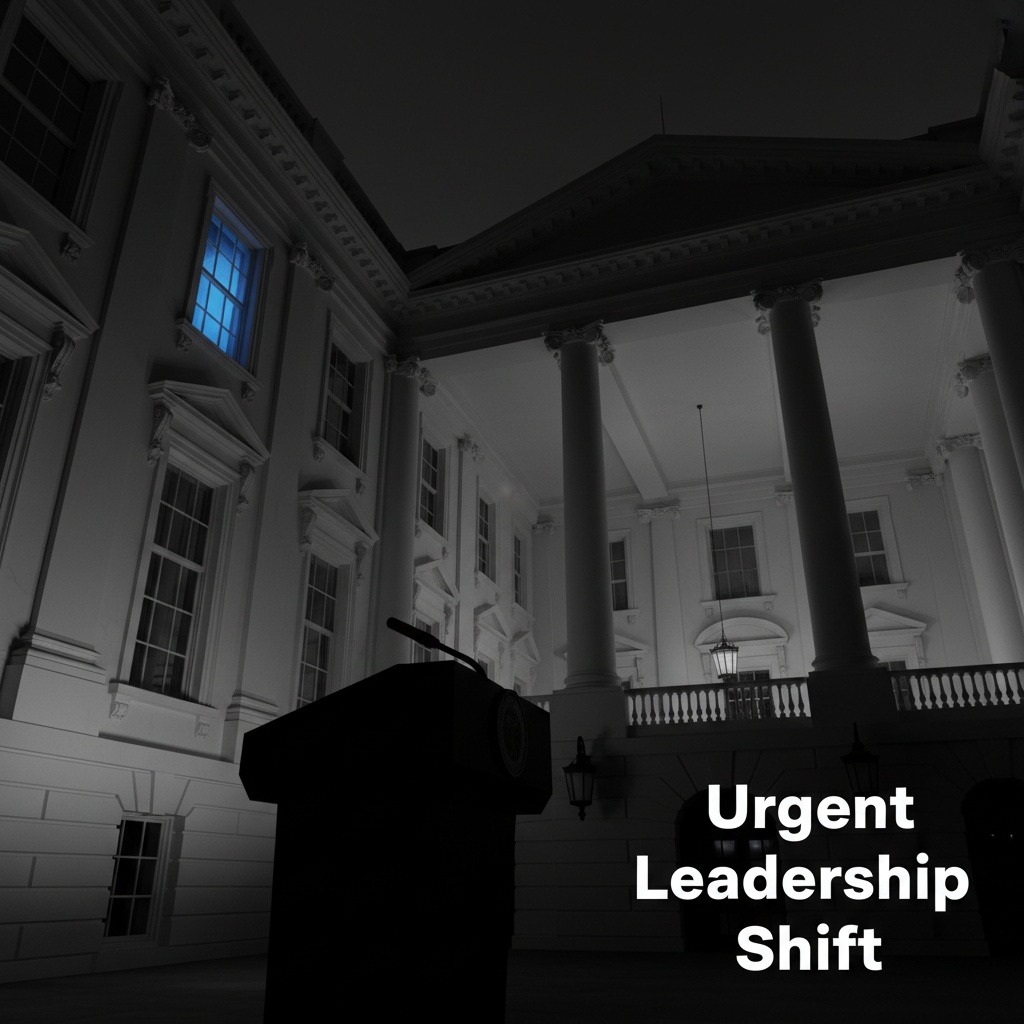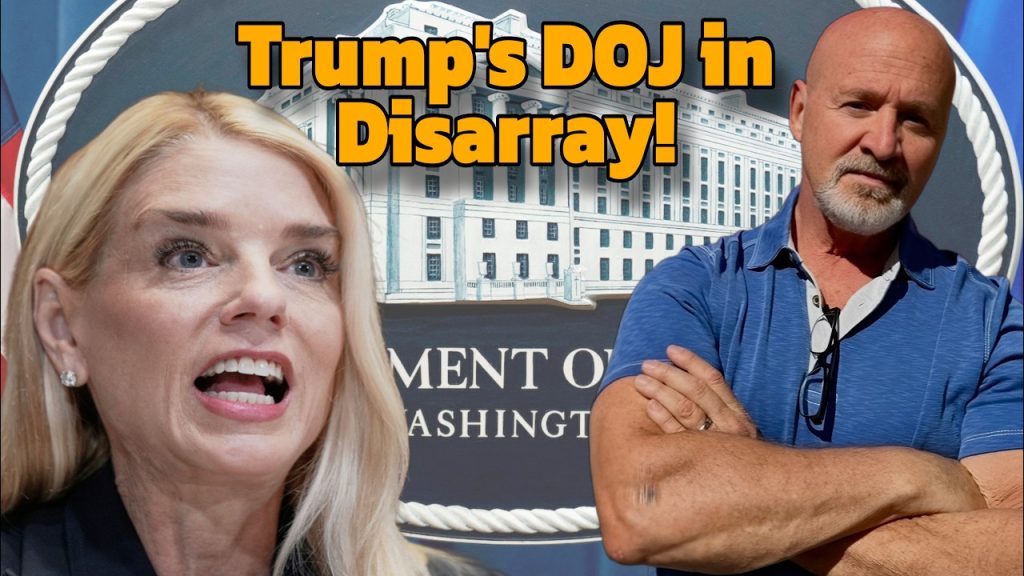The U.S. Commodity Futures Trading Commission (CFTC) is in a state of transition as the White House shifts its focus to appointing new leaders within the agency. Caroline Pham, the Acting Chairman of the CFTC, is currently pushing forward with crypto-friendly initiatives, yet her time leading the commission appears limited as the administration seeks a permanent successor.
Recently, the White House dismissed Brian Quintenz, a former commissioner and nominee from President Donald Trump’s administration, as part of its efforts to finalize a new leadership lineup. Speaking during an interview with CoinDesk TV, former CFTC Chairman Chris Giancarlo confirmed that the Biden administration is “hard at work” identifying suitable candidates to ensure the commission remains effective.
Giancarlo, a prominent advocate for cryptocurrency who is affectionately known in the industry as “Crypto Dad,” expressed optimism over the forthcoming nominations. He stated, “I’m very optimistic that soon we will have nominees that everyone will say, ‘Wow, great choices.'” His comments reflect a broader expectation that the upcoming appointments may positively impact the CFTC’s direction, particularly concerning cryptocurrency regulations.
A key candidate being considered for the chairmanship is Mike Selig, who is currently involved in senior roles concerning crypto policy at the Securities and Exchange Commission (SEC). However, any new nominees will require Senate confirmation before they can officially step into their roles. This process has previously faced hurdles, as seen with Quintenz’s nomination, which was complicated by opposition from market participants, including Tyler Winklevoss, co-founder of the Gemini crypto exchange.
As one of the primary regulatory bodies overseeing U.S. crypto markets, the CFTC stands to gain increased authority, particularly if the Senate proceeds with market structure legislation, which has already passed the House of Representatives. Should this legislation be enacted, the CFTC would acquire jurisdiction over the spot markets for crypto commodities like Bitcoin, enhancing its influence in the rapidly evolving digital asset landscape.
The urgency for new leadership has been underscored by the potential legal vulnerabilities of a single-member commission. Giancarlo noted that the White House is keenly aware of the need for a full slate of commissioners, as policies established by an incomplete commission could face significant challenges in the courts.
In the meantime, Acting Chair Pham has reassured industry stakeholders about the CFTC’s continued progress under her interim leadership. Her initiatives have sought to align the commission’s regulatory framework more closely with the realities of the digital assets market, a goal she hopes to advance before her departure.
The Senate’s legislative progress has been hampered by the federal government shutdown, further delaying the timeline for fulfillment of industry-focused legislation. Representative Bryan Steil, head of the House Financial Services Committee’s crypto subcommittee, emphasized the importance of advancing these regulations promptly, aiming for completion by the end of the year. This timeline marks a notable shift from the earlier, more ambitious deadline of August set during Trump’s administration.
The House has already passed its version of crypto legislation—the Digital Asset Market Clarity Act—with strong bipartisan support. Steil suggested that the Senate could expedite its efforts by using the House’s framework as a foundation, despite the ongoing development of alternative proposals from Senate Republicans.
As the CFTC navigates this period of uncertainty, the outcome of leadership appointments and legislative advancements will be crucial in shaping the future of cryptocurrency regulation in the United States.



